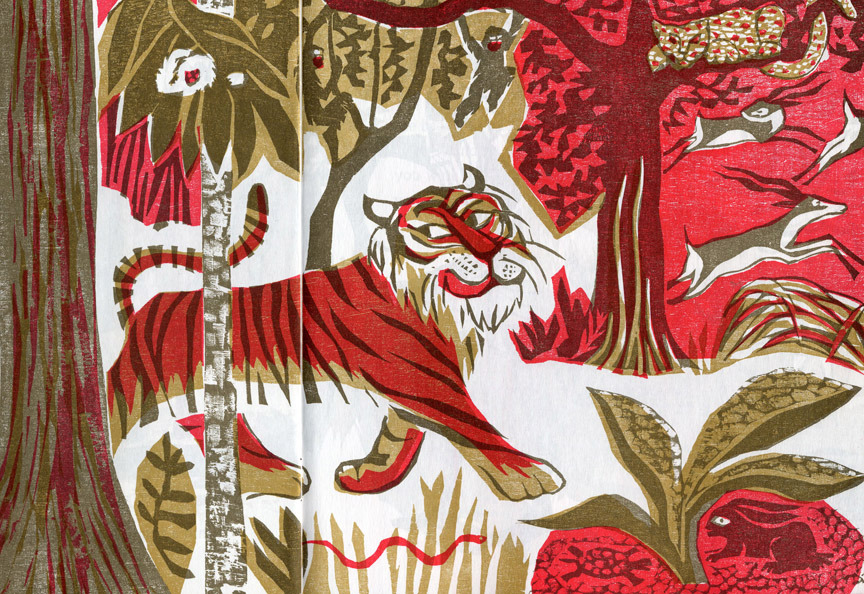
In north-eastern Poland stretches a region known for
2,000 lakes, namely Mazury (Masuria). This hilly land is connected with lakes,
rivers and streams. At its heart spreads Lake Dadaj. There is a reason why this
particular lake takes the center of the Mazurian region. It holds a legend,
which connects a man with his heart.
A long time ago, at the edge of a lake stood a small
hut. There lived a young man by the name of Chris. He was poor. He didn’t have
any family or farm. During the summer he walked from one village to another in
search of some work for exchange of food or some warm clothes for the winter
time.
There were times, when he couldn’t find any work and
in those times he sat on his old wooden fence and dreamed. Oh, how he could
dream. In his dreams, he was rich and good-hearted, with a beautiful wife and
house full of children. He dreamed of helping those in need. But as soon as a
village girl passed by him, he thought to himself and who would want me. Then
sadness and loneliness surrounded him.
One morning, as Chris stepped out of his hut into
the first rays of the sun, he noticed an old man on a path walking toward him.
The man had gray hair and long beard reaching almost his waist. His
golden-colored shoes matched the color of his sack attached to his belt. His
coat was of a dark violet color. Chris looked at the man and thought; He doesn’t look like a rich landlord or a poor
beggar. He couldn’t figure out who the man was. Maybe he is a magician, he thought.
The young man wasn’t sure if he should invite the old
man inside his poor hut or let him sit under a tree and give him cold water
from a stream. He decided to wait and see what the man says.
To the surprise of Chris, the old man said, “I know
you have a good heart and you wish for a wife.” Chris nodded with his head and
the man continued, “You may marry my daughter and I will give you all you
dreamed about, but you have to promise one thing that your heart will never
change. You will always help those in need.”
“I promise,” whispered Chris.
The old man nodded in agreement and left without
another word.
A few hours later, a large horse drawn-wagon filled
with small and big chests packed with gold and other goods approached Chris’s
hut. At the wagon’s front on a bench sat a beautiful woman with golden hair and
big red lips smiling at Chris.
She jumped down and said, “I am Dadaj, the youngest
daughter of the man, who promised you this morning to have your dreams come
true. I will be your wife and best friend.”
Chris welcomed his future wife. With all the money
she brought with her, he bought lots of farm land reaching next village. He
built barns, bought animals to farm the land, and in the center of this all, he
built a huge house for his future family and a small house for all those in
need. Soon after a big wedding took place. All the people living in his village
and all poor people from surrounding lands were invited.
The small house always buzzed with people. Good
aromas were coming out the windows and doors throughout the whole day inviting
the hungry. A doctor made daily visits, because there was always somebody
needing doctor’s attention.
The word of good deed was spreading far and wide
beyond the lands of Mazury. Hungry and sick made long walks to reach the good
house of help. Everybody received warm dinner and a warm coat, and stayed as
long as it was needed. Sick laid until they got well, weak recuperated until
they gained their strength, homeless received roof over their heads and warm
dinners and stayed until they were rested. Everybody who was leaving received a
coin and a loaf of bread, but above all a friendship and good word.
A few years passed. Chris got used to his money and
slowly was forgetting that he ever was poor. Meanwhile, Dadaj had born a
healthy boy. Chris loved the child dearly and wanted to spend as much time with
his family as possible. Uninvited guests were starting to irritate him. Those
in need were not so welcomed anymore. Dadaj seeing all this was getting sadder
with each day.
“Dear husband, you’re not keeping the promise you
made to my father.” She spoke one day seeing a poor old couple leaving without
a coin or a loaf of bread.
Chris waved his hand, answering carelessly. “They
can come back tomorrow or day after tomorrow even better.” He was forgetting
that those in need and hungry cannot wait.
Dadaj tried to remind her husband about his promise.
“If you continue your carelessness you will lose what is most important to you.”
But Chris wouldn’t listen. He visited inns and sang with musicians joyfully. He
hunted big bears and deer, and was proud of his prey.
But it all came to an end at the beginning of fall.
Early in the afternoon dark clouds covered the sky with lightning piercing
them. Storm with huge strength and speed ripped the roof of Chris’s house.
Heavy rain flooded his farmlands.
Quietly in the middle of this storm, appeared an old
man. He sadly looked at his daughter and son-in-law, who were desperately
trying to rescue the animals and save their belongings.
“Father, please help,” begged Dadaj. But the old man
only pointed toward the lake with his head.
Crying Dadaj hugged her son and husband and left
toward the lake.
When the storm calmed down, Chris comforted his son
crying after his mother and took him to the lake looking for her.
“Dadaj! Dadaj!” yelled Chris many times and for many
hours, but Dadaj was nowhere to be found.
“Dadaj! Dadaj!” those two words echoed for days.
After a few weeks, he understood he lost his wife forever and his son lost his
mother. Then he understood that he became poor again, because he lost the love
of his wife, which was the most precious thing in his life. And he only had to
keep his word.
From now on nothing made him happy. More often he
was leaving his son in a care of his neighbors and wandering along the edges of
the lake repeating, “Daaadaj… Daaadaj…”
Those who heard those words echoing by the lake,
remembered the name and when the words where no longer to be heard, they named
the lake Dadaj.

 In the well-wooded hills and valleys of Zambia in southern
Africa live Ila-speaking people. Their tale brings a universal meaning of
appreciating once heritage and discovering the beauty within.
In the well-wooded hills and valleys of Zambia in southern
Africa live Ila-speaking people. Their tale brings a universal meaning of
appreciating once heritage and discovering the beauty within.






.svg/541px-India_(orthographic_projection).svg.png)


















